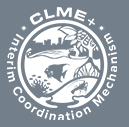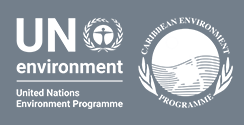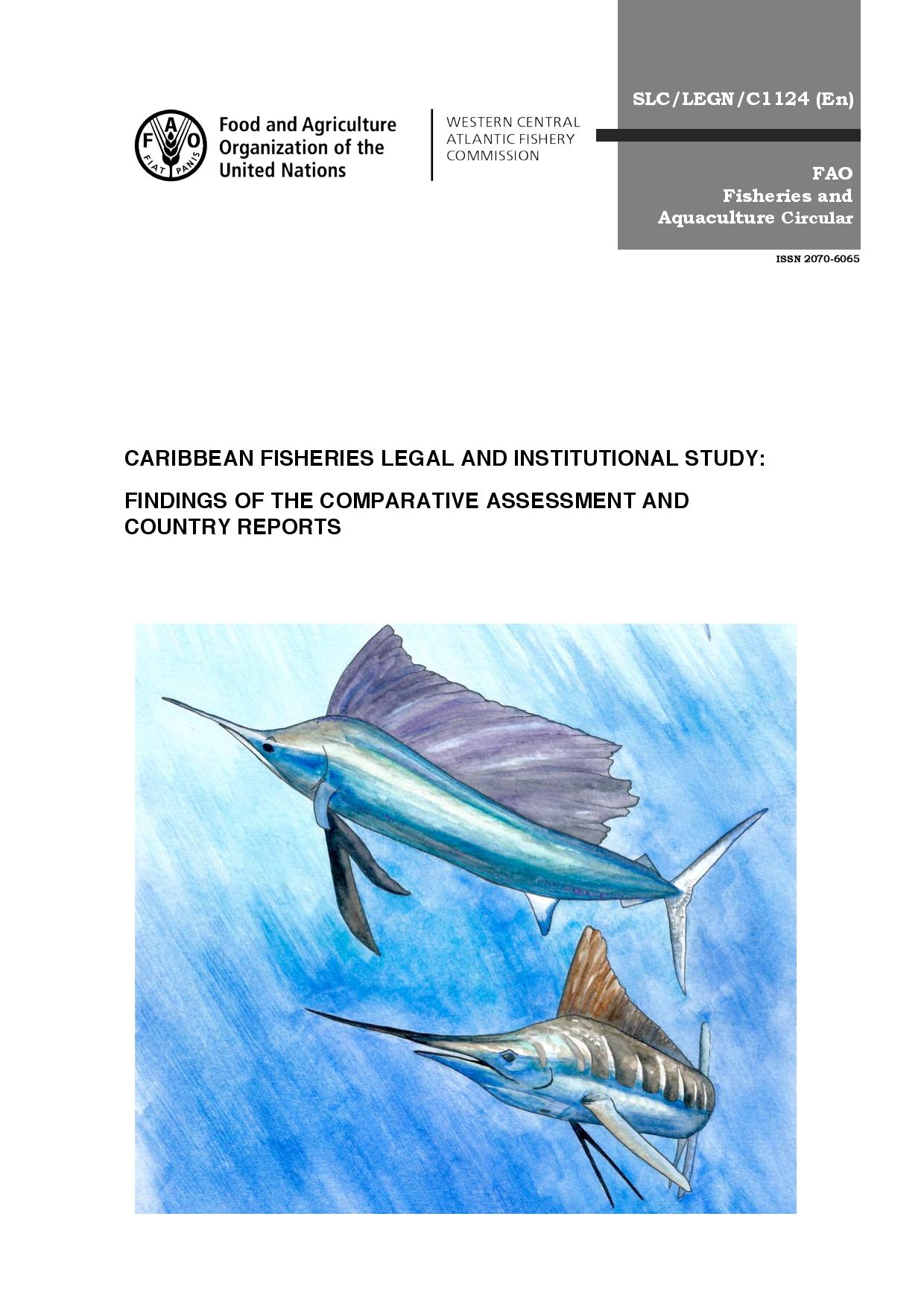
Caribbean Fisheries Legal and Institutional Study: Findings of The Comparative Assessment And Country Reports
The study carried out an analysis of the legal and institutional framework of the Caribbean fisheries based on a survey and questionnaire sent to the WECAFC countries. As the region is a complex patchwork of countries the methods of drafting and adopting legislation may vary considerably from one country to another. Legislation exists in all countries for the management of marine capture fisheries at the national level, which included both legal and administrative frameworks, but the legal framework often does not specify a formal management process with identified roles, responsibilities, information needs, and time frames for activity completion and evaluation. This study assessed basic fisheries legislation and institutional frameworks of member countries of the Western Central Atlantic Fishery Commission (WECAFC). Its objective was to provide a baseline comparison of national legal and institutional frameworks for fisheries management and to identify the extent to which national legal and institutional frameworks provide a suitable foundation for the regulation of commercial and recreational/sport fishing and the conservation of billfish resources in the region, including through the use of rightsbased approaches.
 5
5


 Report issue
Report issue









